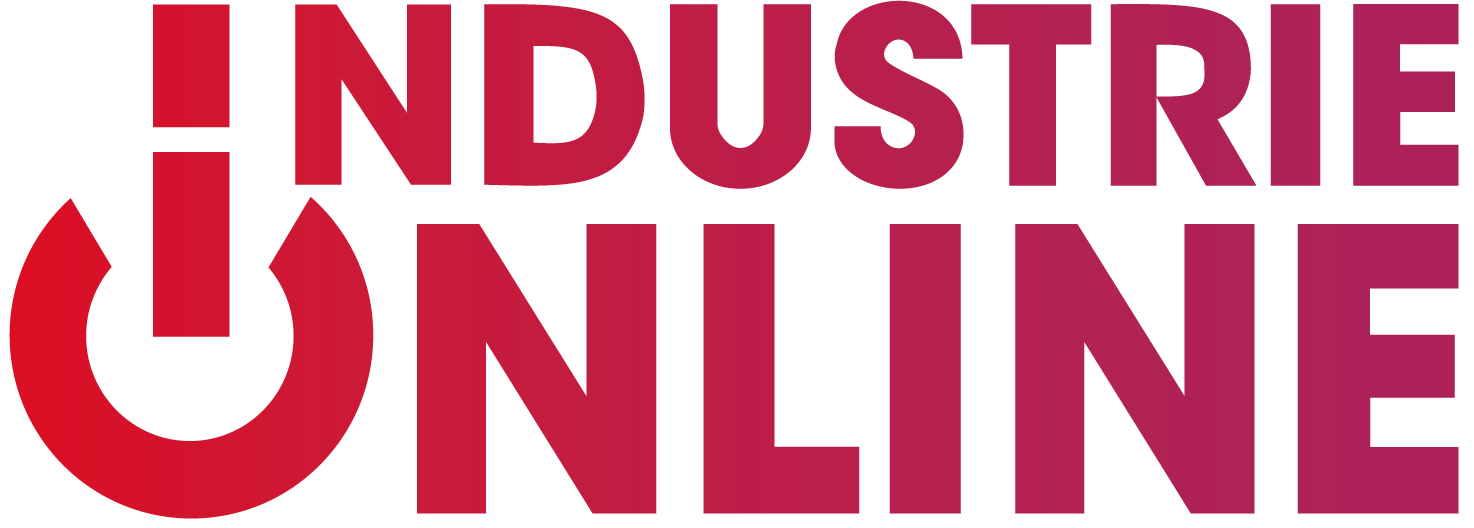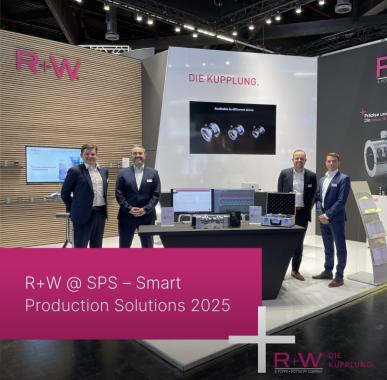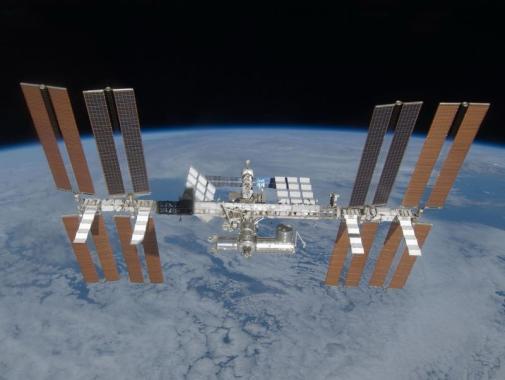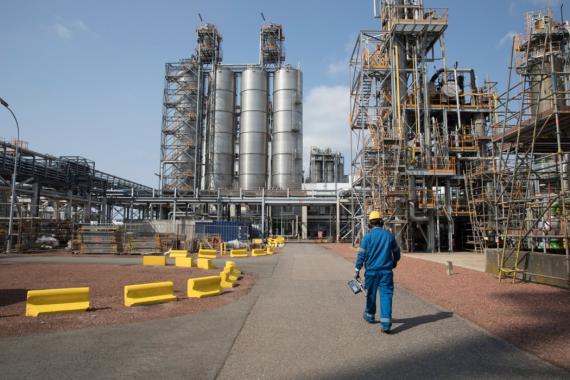Does plastic have a place in tomorrow’s industry?
Plastic has been strongly criticized for several years for its polluting effects. Burial, recycling or energy recovery, many ways are studied to improve the end of life of these products. But then, is it still a material on which manufacturers should bet for the future?
If plastic has become the No. 1 ecological enemy, it is because it has long been considered the “all disposable” material. Straws, cups, razors, toys, packaging, we found it absolutely everywhere! Although these excesses are now noted by consumers and manufacturers, many received ideas about plastic also contribute to giving it bad press...
The amalgams of plastic bashing
In 2020, the survey published in the Atlas of Plastics revealed that we have produced more plastic since the year 2000 than during the previous 50 years. Of course, “we cannot deny that the end of life of plastic materials was well thought out and even considered from the outset. Nevertheless, in terms of pollution or energy consumption, they represent very little", explains Michel Bouquey, Lecturer at the Charles Sadron Institute and co-signatory of the column "Pollution: let's stop waging war on plastics" .
The main problem with this material does not lie in its production, but in its treatment at the end of its life . According to the UN, nearly 320 million tons of plastic are produced worldwide each year and 8 million tons end up in the oceans. “Unfortunately , it's not a matter of materials, but of human behavior. We throw packaging on the ground when they should simply be thrown in the trash” , indicates the Lecturer.
While urgent thought is needed to organize recycling or material recovery chains in France, plastic is still an essential material for many industries today. "As much as we all agree to say that we must be careful, the extremist discourse of plastic bashing which says that we must completely stop producing plastic really does not make sense from an economic point of view". Moreover, in view of the figures, "the strongest environmental impact is caused by food waste and not by the development of plastic ", comments Michel Bouquey.
Plastic, It's Fantastic ?
On the contrary, its properties have long made it possible to limit this waste. Indeed, the use of plastic in the food industry has revolutionized the long-term preservation of food. "It's a very interesting material that has made it possible to respond to issues of consumption and commercial development on an international scale" , states Jérôme d'Assigny, Regional Director of the Agency for the environment and the control of Auvergne-Rhône-Alpes energy. Plastic is also singled out in relation to its raw material. However, “the share reserved for plastic materials derived from oil only corresponds to 8% of the quantity extracted from the ground each year”, affirms Michel Bouquey. In addition, the plastic parts increasingly used in the automotive industry make it possible to design lighter vehicles that consume less. Thus, on its scale, "plastic helps to reduce the peak of oil production, which is an exhaustible resource", he confirms.
This flexibility and adaptability of plastic materials naturally lead manufacturers to question their use in the future. If it is still necessary to establish more eco-responsible logistics in their production and recycling, “their physico-mechanical properties are easily modifiable. We can add additives or reinforcements, mix and graft them to obtain thousands of different materials adaptable to any type of situation”, informs Gilles Régnier, Professor of Arts and Science and Technology Professions.
A pillar for the industry of tomorrow
Plastic pollution is a collective issue that concerns all players in the chain, from the producer to the distributor, but also manufacturers, processors and consumers. Since July 2021, the “flow 7” decree obliges all producers and holders of waste to ensure sorting and allow separate collection of waste between them, including plastic. A complex task, because each object is often made up of 200 to 300 different plastic components, of which it is difficult to know all the properties in order to recycle it correctly.
Awareness of the need to quickly find other solutions is growing, to such an extent that the entire plastics industry, but also that of waste treatment, are actively working on the subject. The Nantes-based company MC Plast produces biosourced and compostable plastic or recycled plastic. “The market gardening industry, for example, uses our specially designed clips to decompose and be thrown away with the compost,” explains Hilaire Coutansais, partner at MC Plast. On construction sites, there are also carpentry wedges made from biosourced materials. "Once the work is completed, we organize collections of these parts to grind them and reinject them into the production circuit" .
Linking manufacturing, future use and the life cycle of the plastic product should be systematic. “This is called eco-design and in some cases makes it possible to imagine functional economy systems. We then no longer sell the product or the packaging, but rather the use” , explains Jérôme Assigny, Regional Director of ADEME. If sorting is widespread among individuals, it must be reinforced by new, more efficient channels among professionals and in industry. Finally, the incorporation of the recycled plastic material in a new production cycle or in an energy recovery chain is already possible . “You have to explain it, say it and show it. By doing this, we are helping to tell a positive story about the ecological transition. These are already tomorrow's solutions! ".
All quotes in this article are fromthis conference organized during Global Industrie 2021 in Lyon.
Our other news
See allJoin the largest community of industrial suppliers
- Helping you with your ongoing technology watch
- Provide you with detailed supplier statistics
- Give you international visibility
Discover the largest catalogue of industrial products on the market
- To offer you the best catalogue of industrial products on the market
- To guarantee you a 100% secure platform
- Enable you to have live remote exchanges


 Français
Français 







